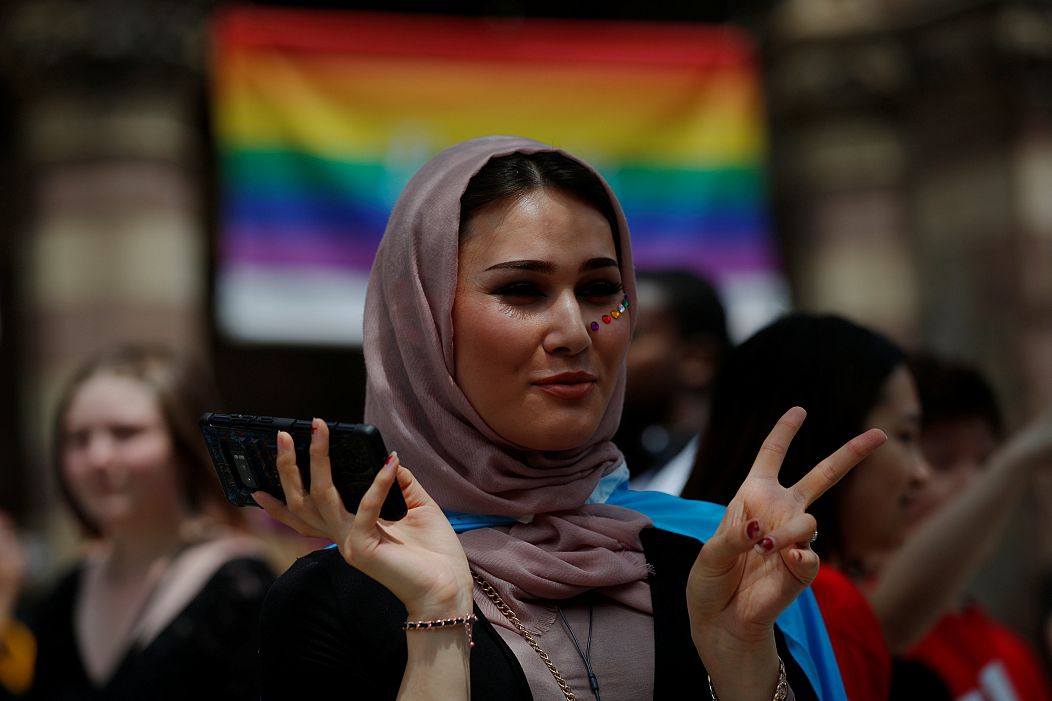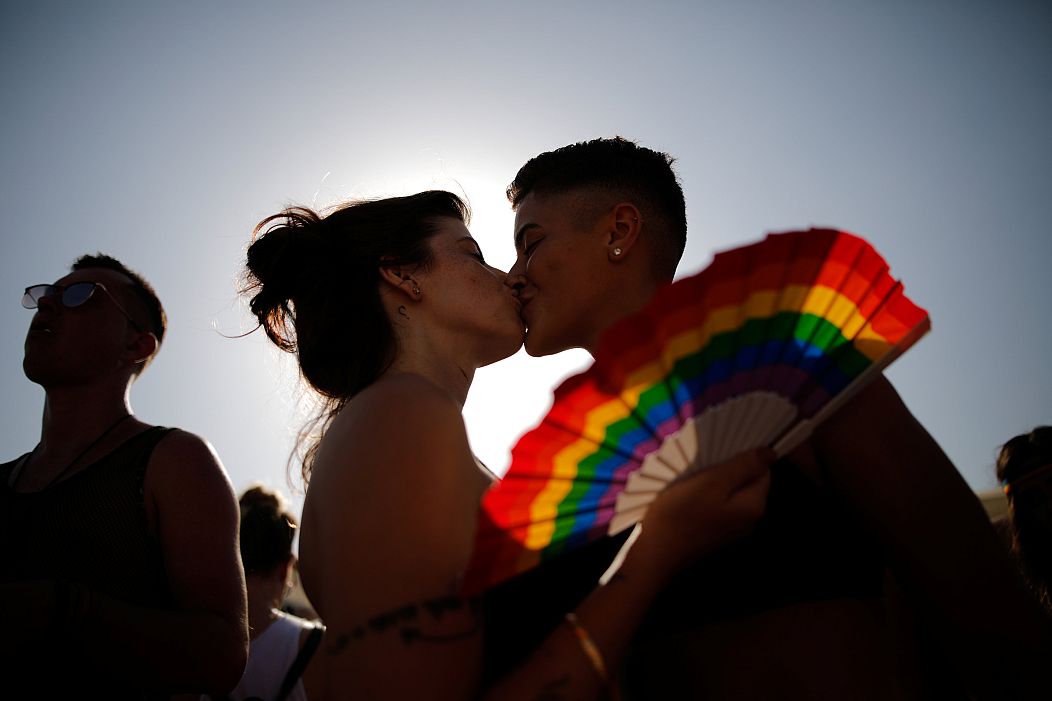This Pride Month, you asked Google to define pansexuality, LGBTQIA and non-binary gender. Here, we give the answers, as well as a few more top Google searches on LGBT issues
This Pride Month, you asked Google to define pansexuality, LGBTQIA and non-binary gender. Here are the answers, as well as a few more of the top searches concerning LGBT issues.
 ADVERTISEMENT
ADVERTISEMENT
 ADVERTISEMENT
ADVERTISEMENT
Most-searched questions in the UK
Why is June Pride Month?
June was chosen for LGBTQ Pride Month to commemorate the Stonewall riots of June 1969 — a series of spontaneous, violent demonstrations by members of the gay (LGBTQ) community against a police raid in the Greenwich Village neighbourhood of Manhattan, New York City.
Many pride events are held during this month to recognise the impact LGBTQ people have had in the world.
When was homosexuality legalised in the UK?
The Sexual Offences Act 1967 is an Act of Parliament in the United Kingdom that decriminalised homosexual acts in private between two men, both of whom had to be 21.
The act applied only to England and Wales and did not cover the Merchant Navy or the Armed Forces.
The law changed in Northern Ireland and Scotland later on.
What is pansexuality?
The GLAAD reference guide, a US-based media monitoring organisation founded by LGBTQ people, reads: "Some people who have the capacity to be attracted to people of any gender may consider themselves part of the bi+ community and/or choose other words to describe their sexual orientation, such as: pansexual, polysexual, omnisexual, fluid, queer, and more."
What does LGBTQIA stand for?
It is an abbreviation for lesbian, gay, bisexual, transgender, queer/questioning, intersex, and allies.
What is transgender?
It is "an umbrella term for people whose gender identity and/or gender expression differs from what is typically associated with the sex they were assigned at birth," according to GLAAD.
The guide also said a transgender identity is not dependent upon physical appearance or medical procedures. Many transgender people are prescribed hormones by their doctors to bring their bodies into alignment with their gender identity, some undergo surgery as well, but not all transgender people can or will take those steps.
What is non-binary gender?
Non-binary and/or genderqueer are used by some people who experience their gender identity and/or gender expression as falling outside the categories of man and woman.
"They may define their gender as falling somewhere in between man and woman or they may define it as wholly different from these terms," said GLAAD.
The expression does not have the same meaning as transgender or transsexual and should only be used if someone self-identifies as non-binary.
30 years since the repeal of Section 28
What was the Section 28 law?
The law inspired a song by Boy George and much later prompted an apology from former Prime Minister David Cameron.
Section 28 of the Local Government Act 1988 caused the addition of Section 2A to the Local Government Act 1986, which affected England, Wales and Scotland.
The amendment stated that a local authority "shall not intentionally promote homosexuality or publish material with the intention of promoting homosexuality" or "promote the teaching in any maintained school of the acceptability of homosexuality as a pretended family relationship".
When was Section 28 implemented?
The amendment was enacted on 24 May 1988.
When was Section 28 repealed?
Baroness Young, known for her staunch opposition to gay rights, organised opposition campaigns in the House of Lords.
After her death in 1983, peers finally voted in favour of repeal by 180 to 130 in July.
On September 18, 2003, Section 28 was taken off the statute books.












